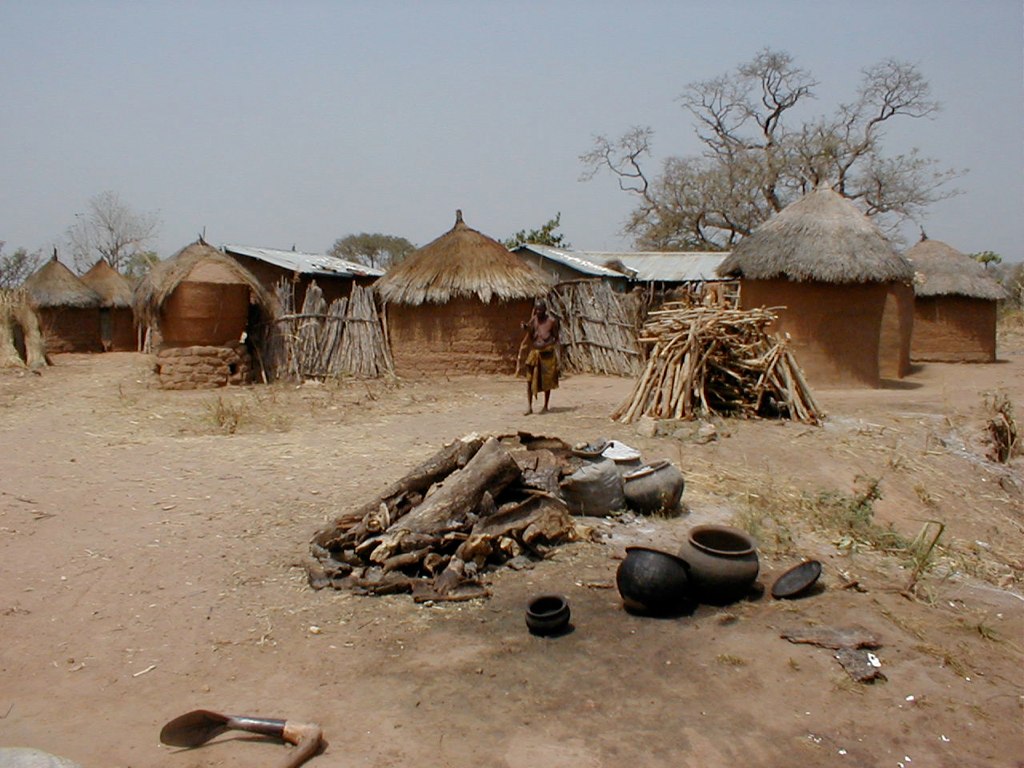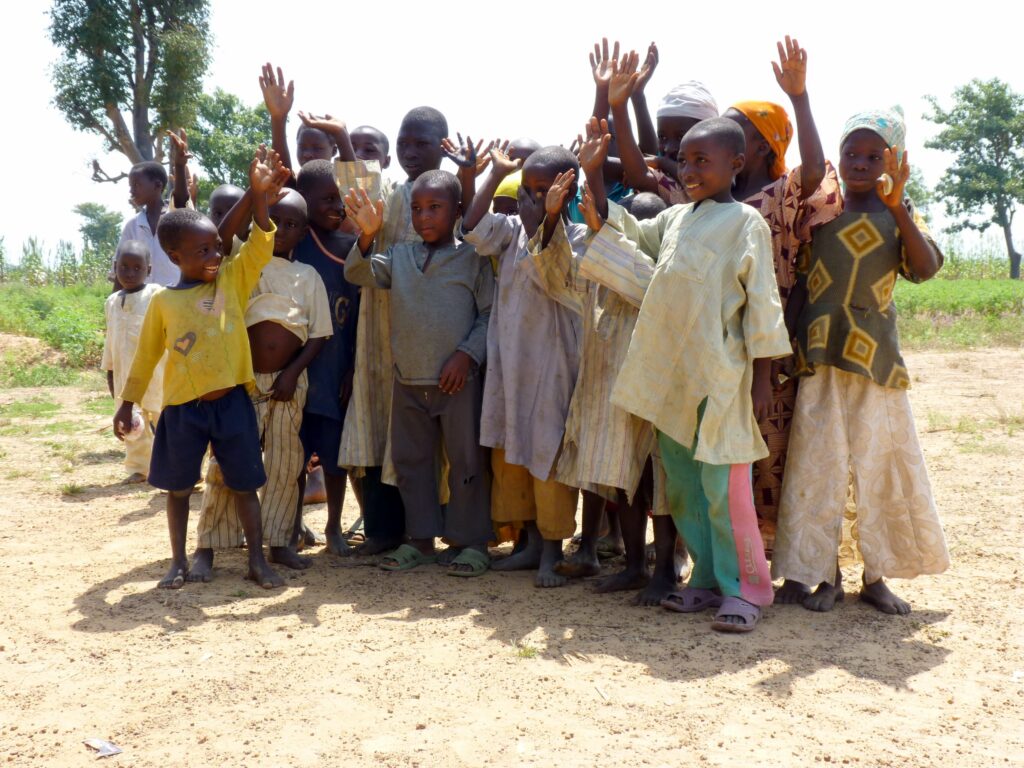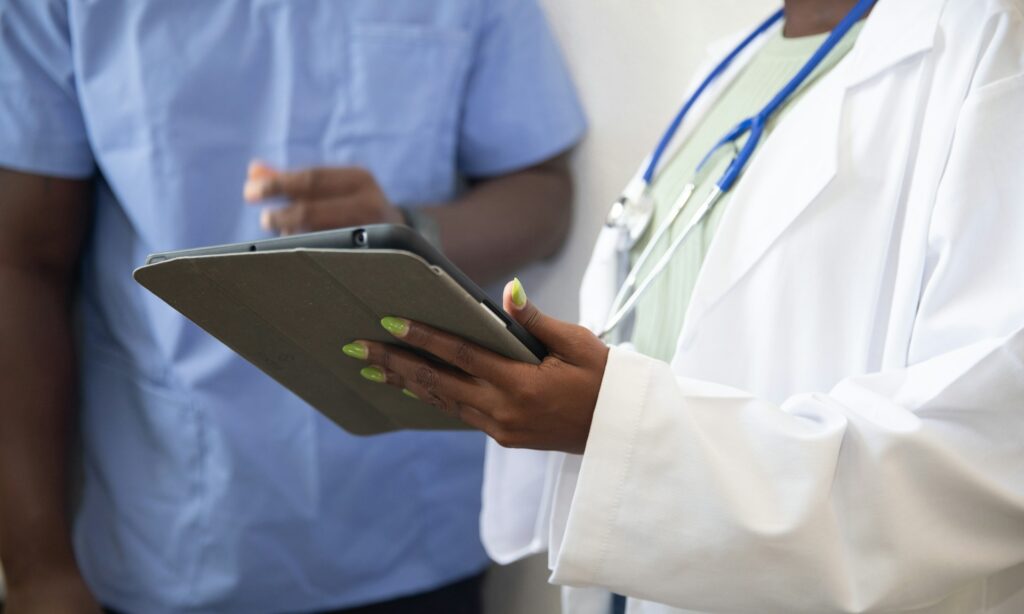Every human being deserves health and the ability to pursue happiness. And yet, more than half the people in the world struggle to find basic healthcare.
Access to basic healthcare caused financial hardship for nearly two billion people, while over 1.3 billion were pushed back or pushed deeper into poverty just trying to access basic services and medicines.
– UN News
Nigerian Healthcare
Nigeria is the most populous country in Africa, yet poor funding, dilapidated facilities, and a shortage of human resources all prey on healthcare delivery. In fact, 27% of deaths in Nigeria are due to non-communicable diseases (NCDs), while malaria, HIV/AIDS, tuberculosis, and neglected tropical diseases (NTDs), including leprosy and rabies, also remain health concerns. 11% of children die before the age of 5. 14% of the world’s maternal mortality occurs in Nigeria.[1]
Want to Know More?
Check out this WHO Country Disease Outlook for Nigeria!
The combination of violence – especially in the north – and the dilapidated state of the Nigerian health sector has encouraged a great many medical professionals to flee the country. In fact, half of the country’s registered doctors and health professionals have fled abroad for a better life.[2] A lack of funding has left health centers not only understaffed, but in disrepair, with deteriorated equipment and diminishing supplies. More and more, people turn to traditional herbal remedies for ailments from typhoid to family planning. Only for serious matters to they seek out a hospital. And at the hospitals, they find limited beds, extended waits, and brief conversations.
When a doctor or nurse eventually attends you, it is brief, and they quickly move to the next person.
– Taiwo Adebulu, writing for Pulitzer Center

Most leave feeling care was inadequate and with prescriptions for medicines they can neither find nor afford. Rural populations, especially underserved populations such as women and young children, are the worst off. Many have to trek to larger towns to visit a hospital, which might have three beds but might not have electricity and therefore probably won’t be open past 2pm. At night, there are only village elders and local midwives. Most medical professional are in major urban areas, leaving rural centers with few, if any, doctors or nurses.
Besides considering the care received at a hospital to be poor, many do not seek professional medical attention for the simple fact that it is expensive. While Nigeria has one of the largest economies in Africa, 70% of the population live in poverty. [3] They cannot afford the lab tests, and they cannot afford the medications.
Most Nigerians pay for healthcare out of their own pockets … meaning that treatable diseases can have a catastrophic impact on a family’s finances.
– David Pilling, writing for Financial Times
The Link Between Health and Prosperity
The link between health and prosperity might seem like an obvious one. Those who have an abundance of resources are likely to receive ample healthcare, while those who do not find it difficult to receive even basic care. This is no less true in Nigeria than in other nations.
Rising inflation costs are forcing a growing number of families to make the tough decision between using available resources to seek healthcare or purchase other basic needs like food.
– Bashar Abubakar, writing for Nigeria Health Watch
But did you realize that there is another connection between health and prosperity? In fact, healthy people are better able to thrive, work, and prosper. When a person is sick, it is difficult to concentrate on school or go to work, which will have a detrimental effect in the future. Chronically ill students are more likely to quit school altogether, while adults may lose their job if they don’t show up, thus the cycle of endemic, generational poverty continues.
What is Primary Healthcare?
According to the World Health Organization (WHO), primary healthcare is a whole-of-society approach to effectively organize and strengthen national health systems.
Primary health care enables health systems to support a person’s health needs – from health promotion to disease prevention, treatment, rehabilitation, palliative care and more. This strategy also ensures that health care is delivered in a way that is centered on people’s needs and respects their preferences.
– WHO
Today, most healthcare systems are designed to focus on a specific disease or injury in need of attention, whether that be a broken arm or heart disease or cancer. Once the solution is discovered and treatment implemented, however, the patient is cut loose – until the next time. Primary healthcare (PHC), on the other hand, is concerned with an individual’s health throughout their entire life. This focus promotes health awareness and preventive care that can decrease health crises, as well as emphasizing rehabilitation that ensures continued quality of life even after a health crisis. Health, however, is more than just the medicines we take – or don’t – and medical facilities. Social protections, access to good food, education, and the environment we live in, including sanitation, potable water, and air quality, all impact our health. For this reason, PHC’s whole-life approach begins at the community-level, with the clinics and primary health providers, and stretches to national policy-making. In fact, throughout a person’s lifetime, some 80-90% of their healthcare needs could be met at the primary level [4].
Want to Know More?
Check out this WHO Fact Sheet!
Health Pods
Providing high-quality PHC depends on well-equipped, adequately staffed, and properly resourced health facilities with the necessary infrastructure, essential medicines, and consumables.

One of the great advantages of hPods is their ease of deployment and use. In a country where so many of the medical professionals have fled to the UK or Saudi Arabia, the lack of highly trained doctors or nurses needed for the test will benefit both doctors by relieving their burden, and patients, by reducing wait times and improving access. They will also facilitate national statistics as policymakers struggle with gathering information to make medical decisions on a national or regional level. While it may only be a step, hPods are a stride in the right direction to empower Nigerians to take their health into their own hands and the means to life information such as water sanitation and nutrition that will contribute
[1] https://pmc.ncbi.nlm.nih.gov/articles/PMC10362660/
[2] https://pulitzercenter.org/stories/rural-women-hit-hardest-nigerias-worsening-healthcare-crisis
[3] https://socialprotection.org/discover/blog/health-care-nigeria-challenges-and-recommendations
[4] https://www.who.int/docs/default-source/primary-health-care-conference/quality.pdf
